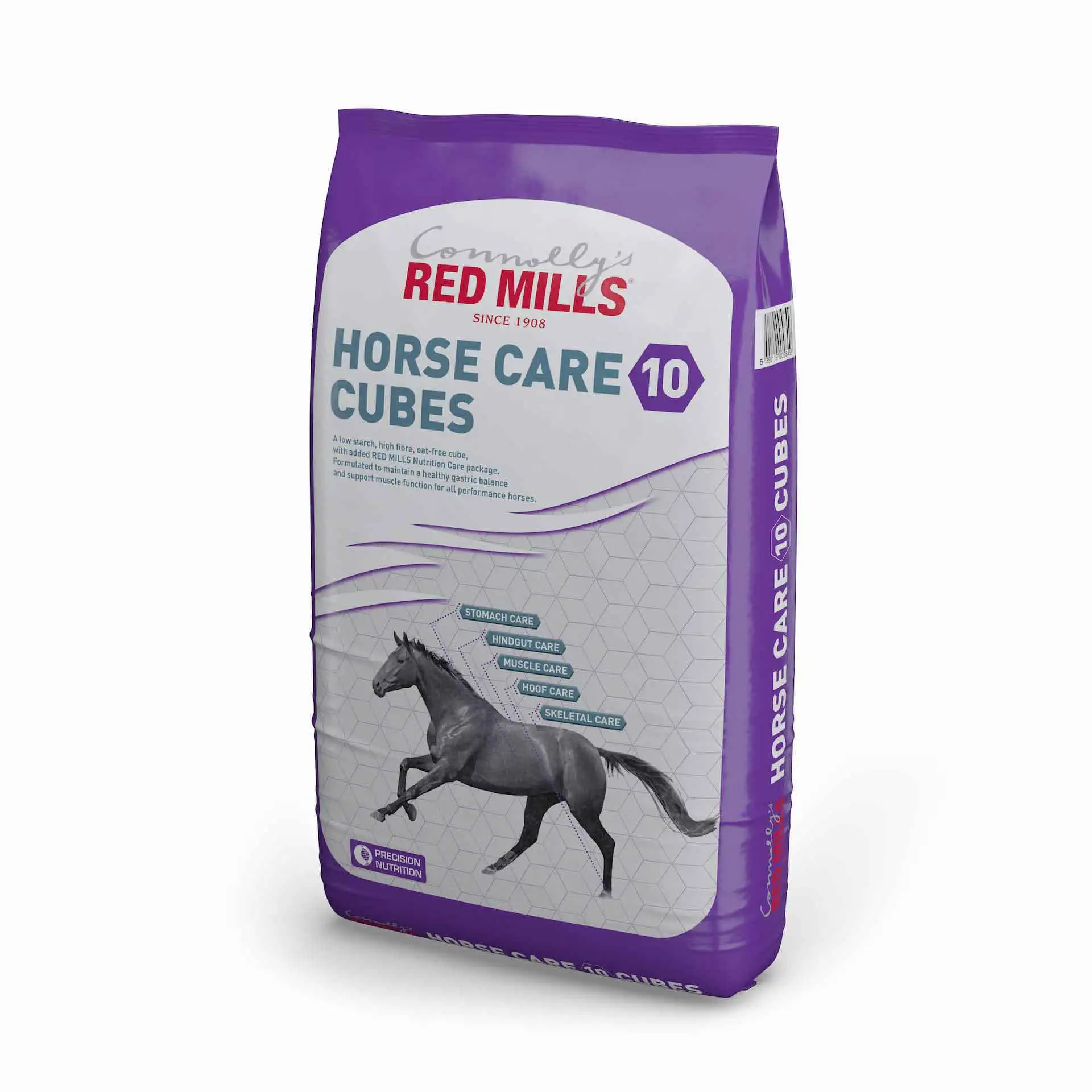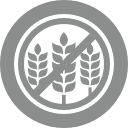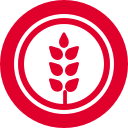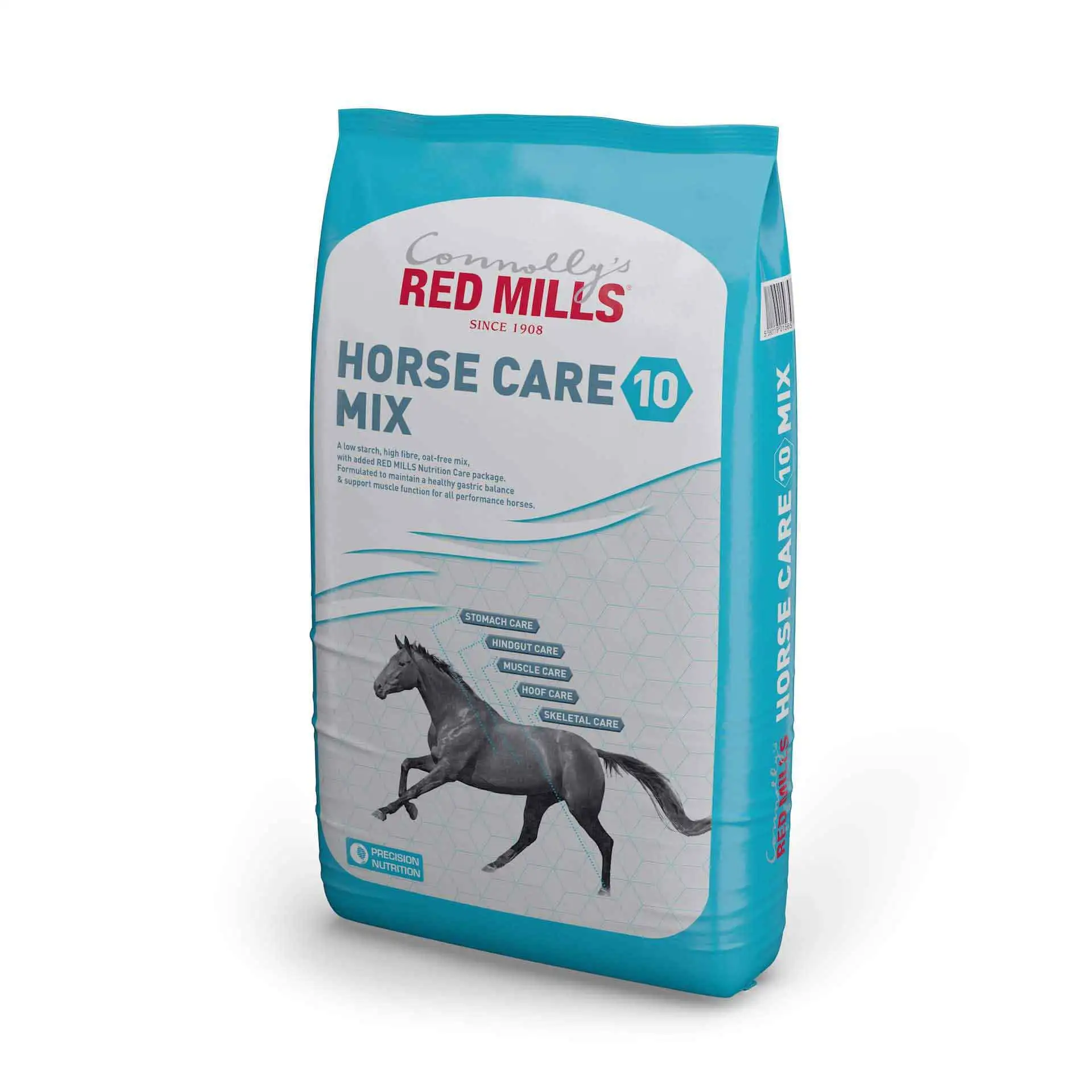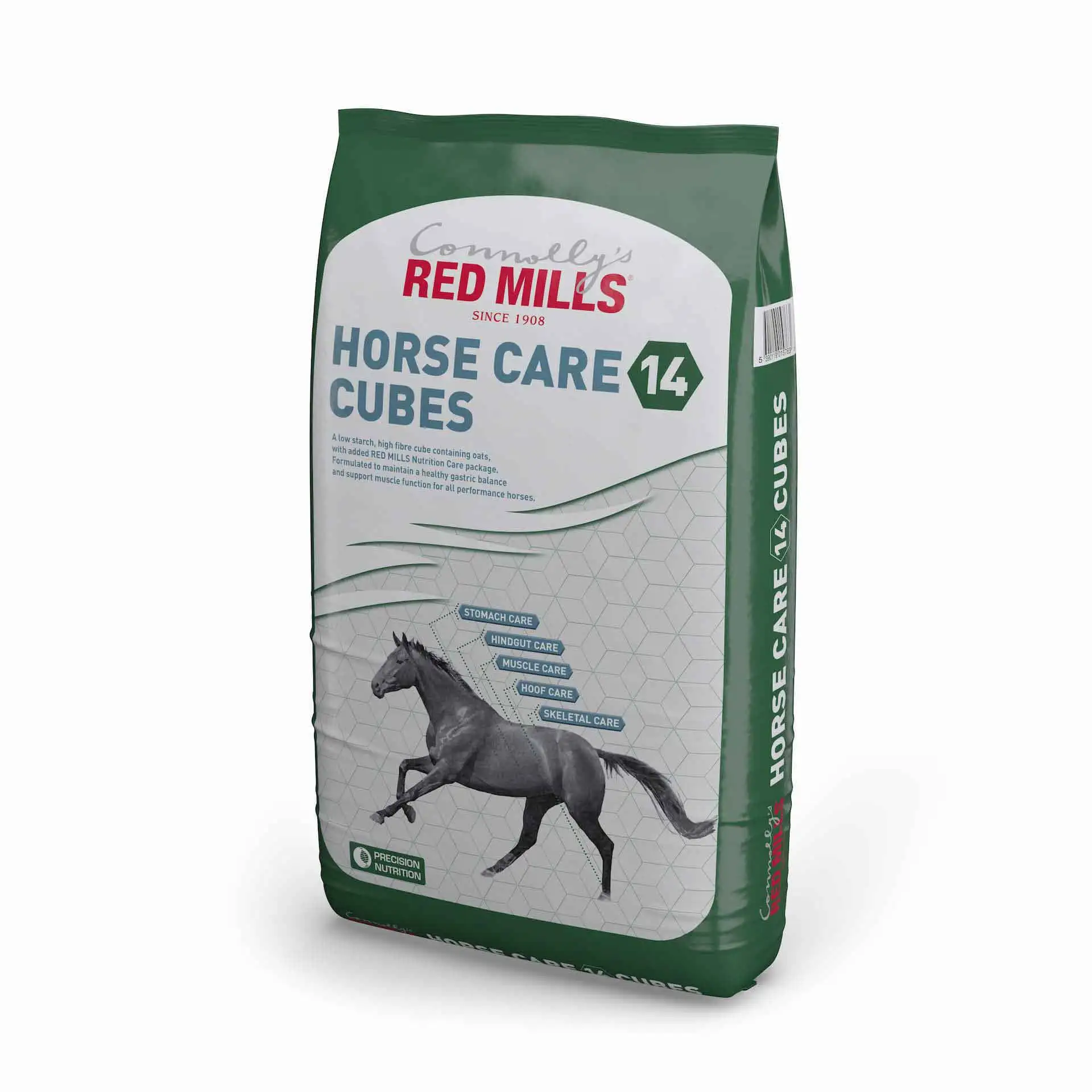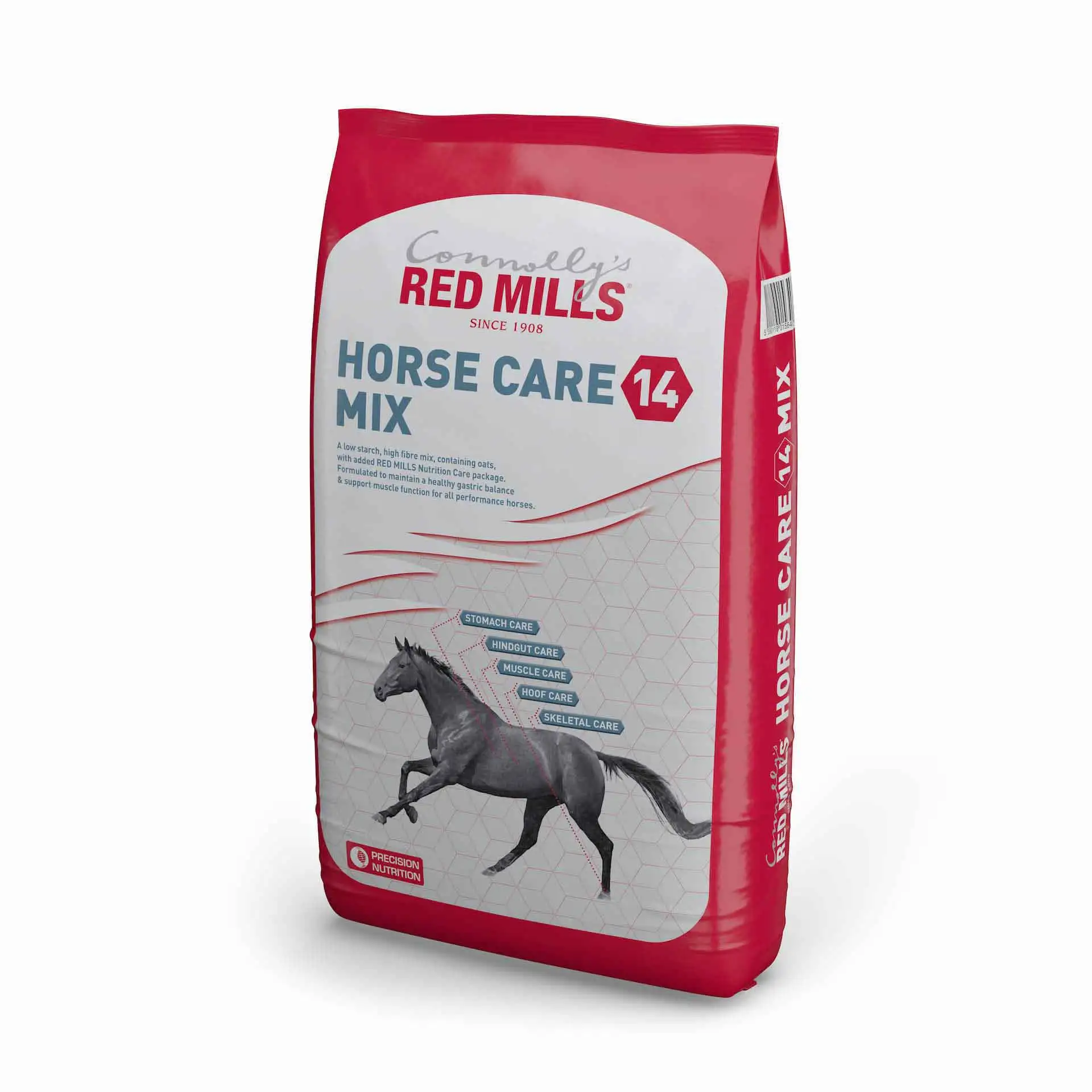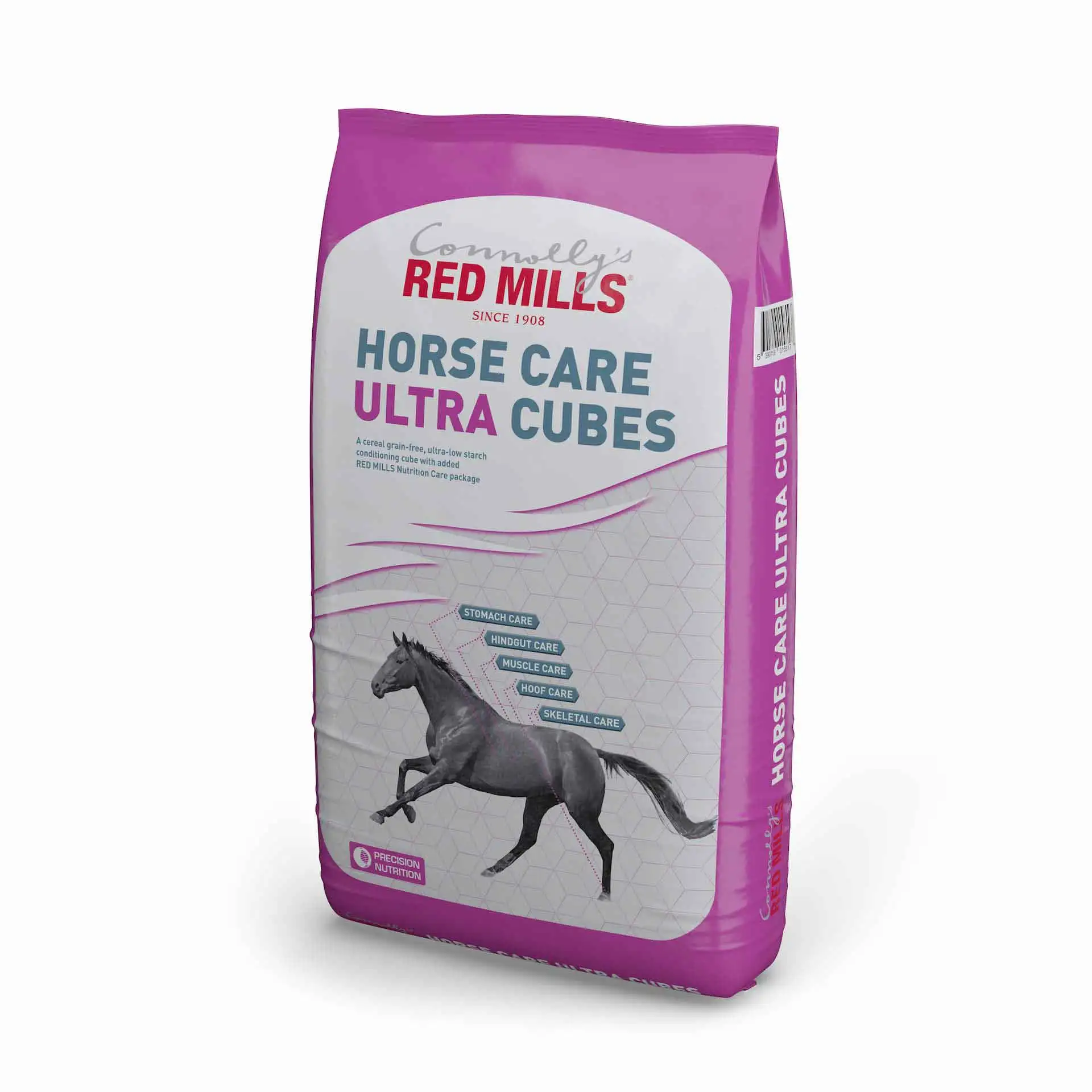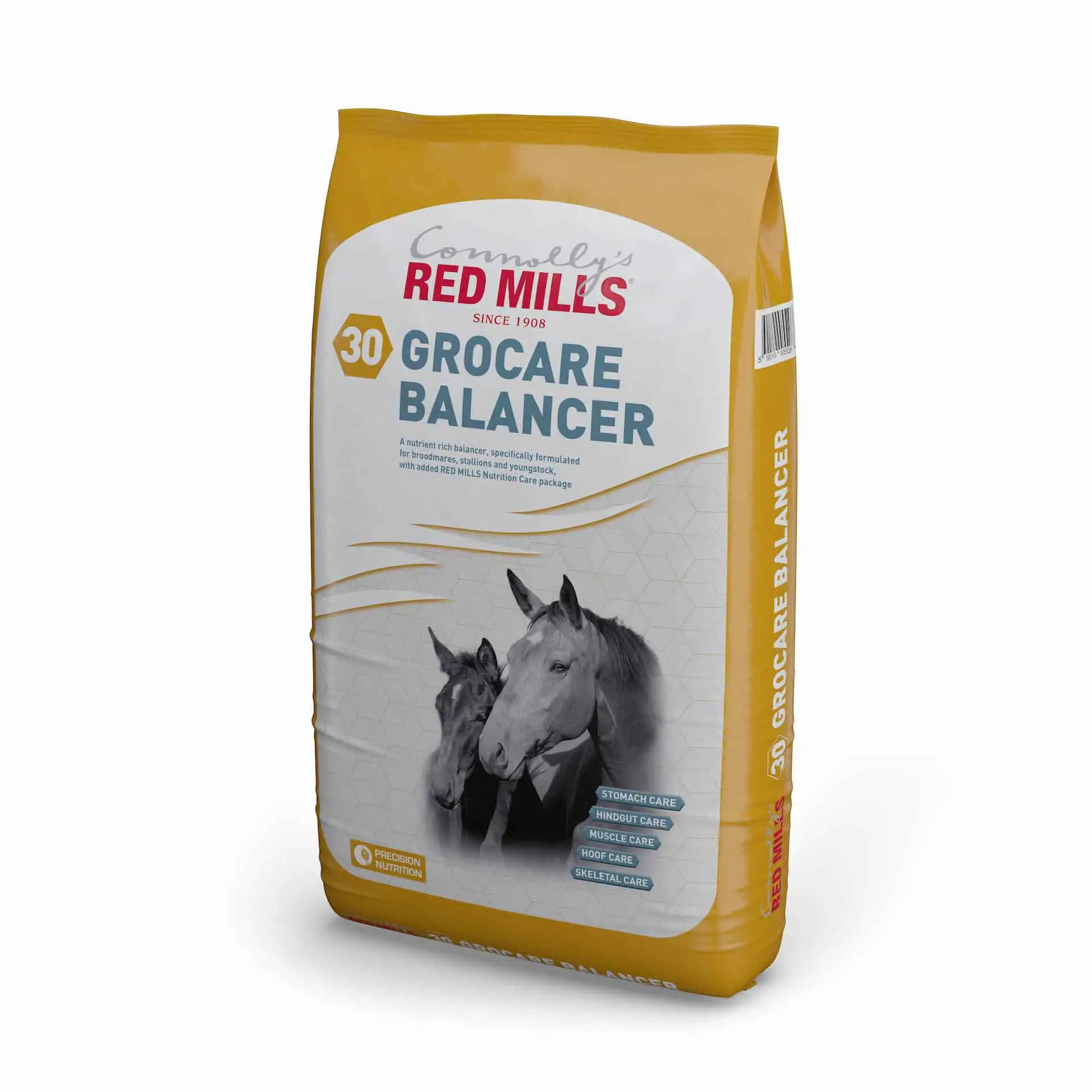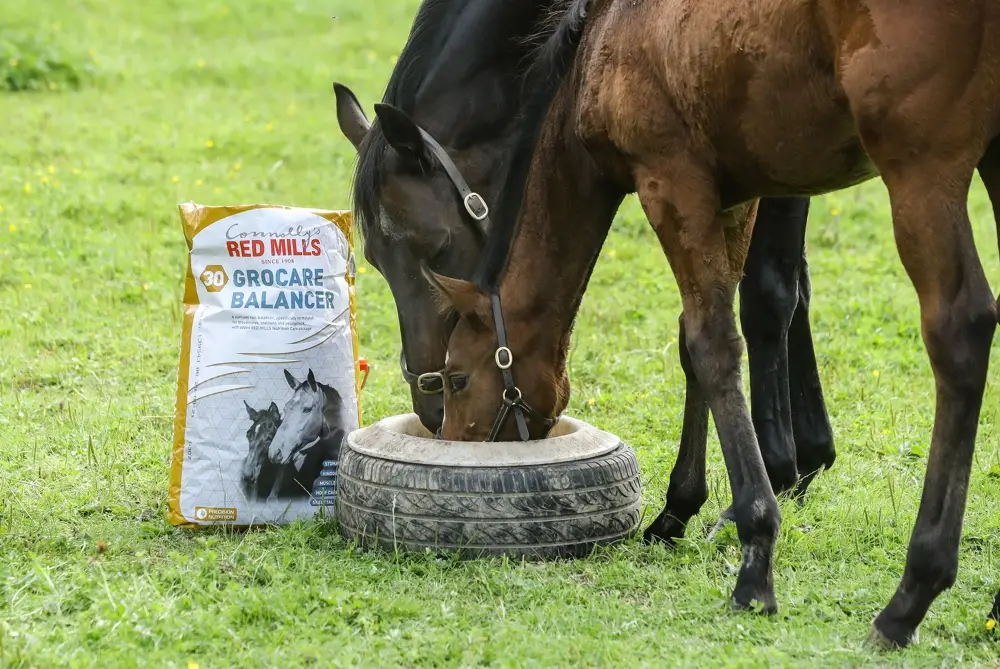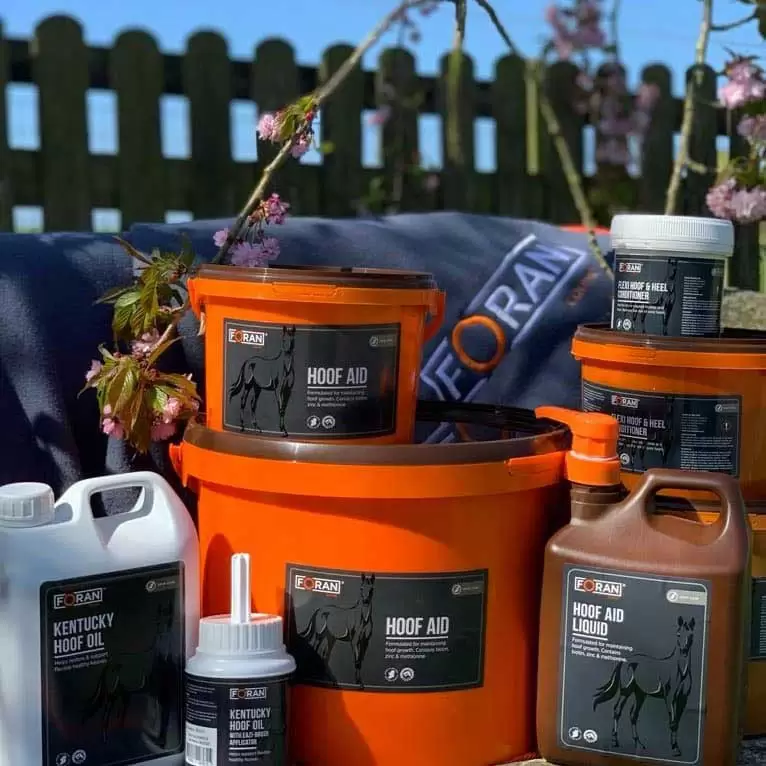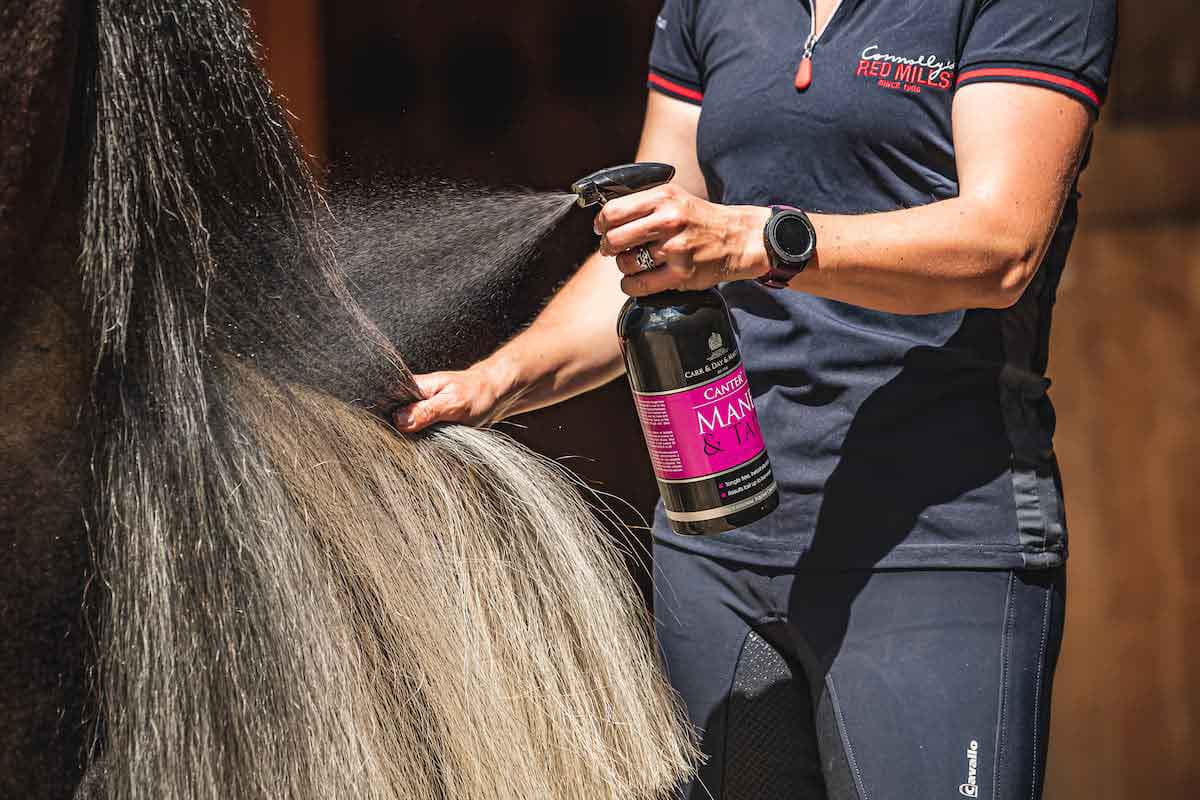Providing optimal nutrition for broodmares is vital throughout the entire pregnancy to support her well-being and the growth and development of the foetus. A mare’s nutritional requirements increase during the third trimester and as she approaches the final weeks of gestation the diet is fundamental in determining the quality of the mare’s colostrum.
Colostrum is the “First Milk” Produced by the Mare Immediately Post-Foaling
Colostrum generally tends to be a thick, sticky, yellow-ish liquid. The quality of colostrum generally refers to the amount of infection fighting immunoglobulins or antibodies present. Read more about Colostrum here: Newborn Foal – Vital Steps in Hours & Days After Foaling | Red Mills Horse
Foals are born with a functioning immune system but it is considered naïve as it is not equipped with a ready to go supply of antibodies. The nature of the equine placenta is such that transfer of antibodies in-utero is inhibited, therefore the foal requires an immediate supply from the mare in the form of colostrum post foaling.


Antibodies Received Through Colostrum Provide Protection for the Foal
Colostrum is crucial until the foal is producing its own antibody supply a few weeks later. It is crucial that the mare’s colostrum is of a high enough quality to provide the foal with adequate protection from invading pathogens. High quality colostrum, assuming it is ingested by the foal ideally within 8 hours of birth, is positively correlated with the circulating level of immunoglobulins, in particular Immunoglobulin G (IgG) in the neonatal foal.
It is important for breeders to consider how IgG levels produced in mares colostrum and ingested by the neonatal foal can be manipulated and optimised through nutrient and none nutrient factors.
When Present in the Hindgut Live Yeast can be very Beneficial to the Equine Microbiome
Yeasts are a single celled microorganism, and are part of the Fungi kingdom. There are many types of yeast, but generally within equine nutrition we are talking about Saccharomyces cerevisiae (SC). To confuse matters further there are various strains of SC and only a few are permitted in Europe for use in equine feeds. Yeasts function as a probiotic due to a few key capabilities:
- Live yeasts are oxygen scavengers, they therefore promote the growth of desirable anaerobic bacteria (those that do not like oxygen).
- They produce metabolites that promote the growth of lactic acid utilising bacteria, leading to a consistent pH, less likely to be acidic.
- Yeast competes with the lactic acid producing streptococci bacteria for sugar, therefore limiting its growth.


Adding Live Yeast Supplements or Choosing a Horse Feed with Live Yeast Will Support Colostrum Quality
Specific research looking at live yeast supplementation in mares and how this could potentially improve colostrum quality has provided some interesting results. The exact mechanism by which feeding live yeast increases colostrum quality and specifically IgG concentrations, is not yet fully understood. However, its ability to act as an immunostimulant resulting in higher concentrations of immunoglobulins in the mare, that cascade down to the foal via colostrum, is clearly evident. The Connolly’s RED MILLS Horse Care Range contains a live yeast probiotic, in the form of SC. This is uniform across all Horse Care products, so whether your mare just needs a smaller ration of Grocare Balancer if she is a particularly good doer, or a full ration of Horse Care 14 Cubes/Mix, she will benefit from the additional live yeast in her diet. This will be especially important in the final trimester of pregnancy in order to help improve colostrum quality.
Clinical Trials Have Shown Positive Benefits to Foals of Yeast Supplemented Mares
Several studies have been carried out in farm animals and horses looking in to the different effects of live yeast supplementation on both mother and offspring. Microbiome health, immune health, and weight gain are common factors being researched.
One study used a group of 40 pregnant mares (study 1) that were divided equally into a supplemented group and a non-supplemented group (control). Live yeast in the form of SC was added at a rate of 10g/mare/day to the basal diet from day 300 of gestation to 180 days post-foaling. The results showed mares supplemented with live yeast probiotic had significantly higher colostrum quality, with increased IgG concentrations both in colostrum (pre suckling) and in the foal’s serum 24-48 hours after the first colostrum intake, compared to the control group. This shows that supplementing the mares provided the foal with an improved level of circulating IgG, giving it a better defence to disease in those early days of life.


Foals from Yeast Supplemented Mares Showed Higher Body Weights
The study followed foals for up to 6 months post-partum and found that foals from supplemented mares had significantly higher body weights at 6 months compared to foals from non-supplemented mares. Foals were given access to the mares concentrate feed, and therefore live yeast, from 14 days of age and the improved weight gain was attributed to improved nutrient absorption and optimisation of the foals gastrointestinal microflora, compared to the non-supplemented group.
Colostrum Quality in Supplemented Mares Showed a Positive & Immediate Effect
In a smaller study (study 2) consisting of 11 pregnant mares (5 supplemented and 6 control) there was also a positive effect on colostrum quality from providing live yeast supplementation to mares at a slightly higher intake over a shorter period of time. As with study 1 the colostrum quality was improved with a higher concentration of IgG. Interestingly, this study found a positive effect after only 8 days of supplementation. Although foal serum IgG wasn’t measured in this study, it is a reasonable assumption that the colostrum quality would be positively correlated with circulating IgG in the foal.


Foals from Yeast Supplemented Mares had an Improved Microbiome
Other research as showed that when supplementing mares with live yeast, it can induce significant positive changes to the microbiome of the young foal, including better-shaped droppings during the first 20 days of life. It has also showed that when foals themselves were supplemented with live yeast in the first 20 days of life, they showed an improved microbiome profile with less harmful bacteria and toxins. Weight gain was also shown to be greater in the supplemented group compared to the control.
These clinical trials show that supplementing mares with a live yeast probiotic during late pregnancy has multiple benefits including improved colostrum quality resulting in a foal that is better equipped with infection fighting IgG, improved gastrointestinal health, weight gain and overall development of the foal.
What else can we do to Improve Colostrum Quality in Broodmares?
Similarly to yeast, probiotics, and prebiotics are also well understood for their gastrointestinal health-boosting capabilities, and specifically Mannan-Oligosaccharide, or MOS, are often added to feeds. A recent review of hundreds of MOS research papers concluded that when MOS is fed to mares their blood shows increased levels of immunoglobulins. As a result, they produced colostrum with higher levels of immunoglobulins, which in turn are transferred to the foal bolstering their ability to fight infection in the postnatal period. Our Horse Care range contains the inclusion of MOS, alongside another prebiotic, Fructo-Oligosaccharide (FOS). MOS and FOS work synergistically as MOS works as a pathogen binder and helps prevent undesirable bacterial species from colonizing the hindgut while FOS works hard to promote the growth of beneficial bacteria. Together, they help maintain a healthy hindgut for the mare and contribute to increased IgG levels as a result.


Vitamin E has Been Shown to improve IgG Levels in Supplemented Mares
Another important factor is the addition of Vitamin E for mares as it serves as an important dietary consideration, as it is a powerful antioxidant (particularly in combination with selenium), which has been shown to improve IgG levels when fed to pregnant mares at an appropriate level in late pregnancy. Vitamin E is generally quite low in most conserved forages and therefore, owners and breeders should check that their hard feed for their mare is providing adequate levels to ensure the mare’s overall dietary intake of vitamin E is meeting the demands of pregnancy and early lactation.
Supplementing Omega 3 Fatty Acids into the Broodmare's Diet has a Number of Benefits
Providing Omega 3 fatty acids in the diet has been shown to improve IgG levels in colostrum as well as, the transfer of IgG and other immune defences through the colostrum to the suckling foal, thus increasing the immune status of the young foal. Good grazing is an excellent source the precursors of Omega 3, but as most Thoroughbred mares will be predominantly fed conserved forage in the later stages of pregnancy, the most practical way to supplement the diet with Omega 3 is via an equine oil, rich in Omega 3 fatty acids, such as flaxseed or linseed oil. Foran Equine Kentucky Karron Oil- Quality Omega 3 for horses is a flaxseed oil for horses that provides the optimum ratio of Omega 3s and Omega 6s to help support immune function in mares during late pregnancy and ultimately, benefit the immune defenses provided to the newborn foal.


Horse Feeds Containing Live Yeast Probiotic are Ideal for Broodmares
Connolly’s RED MILLS feeds provide various options to ensure broodmares are receiving optimal levels of nutrients to support their demands throughout pregnancy. Our Horse Care Range is a great place to start when considering some of the research above. Horse Care products provide an ideal nutritional profile to include a live yeast probiotic (Saccharomyces Cerevisiae), two prebiotics (MOS and FOS) and also includes elevated levels of Vitamin E. The combination of all of these elements together provides the mare with all the tools to increase IgG levels, optimise colostrum quality and improve foal immune health.
The Horse Care Range has Different Options for each Individual Broodmare
The specific product you choose within the Horse Care range may vary depending on individual needs of mares. All of the products within the Horse Care range will have the included benefits mentioned above. However, there may be other reasons for choosing one product instead of another. Horse Care 14 Cubes or Horse Care 14 Mix are generally well-suited to most mares to ensure calorie and protein requirements are met whilst also providing a low starch diet. Alternatively, for mares that may require an even lower starch diet, Horse Care Ultra Cubes may be a more suitable option with only 4% starch. Grocare Balancer, our horse feed balancer can also be a useful addition to the diet where mares potentially need a lower calorie diet as this is added in small quantities. Grocare Balancer can also be added on top of another feed to boost amino acid levels while also receiving the benefits of the care package. Utilising these horse feeds for mares throughout pregnancy helps to optimise colostrum quality and ultimately, give the foal the best possible start in life.



